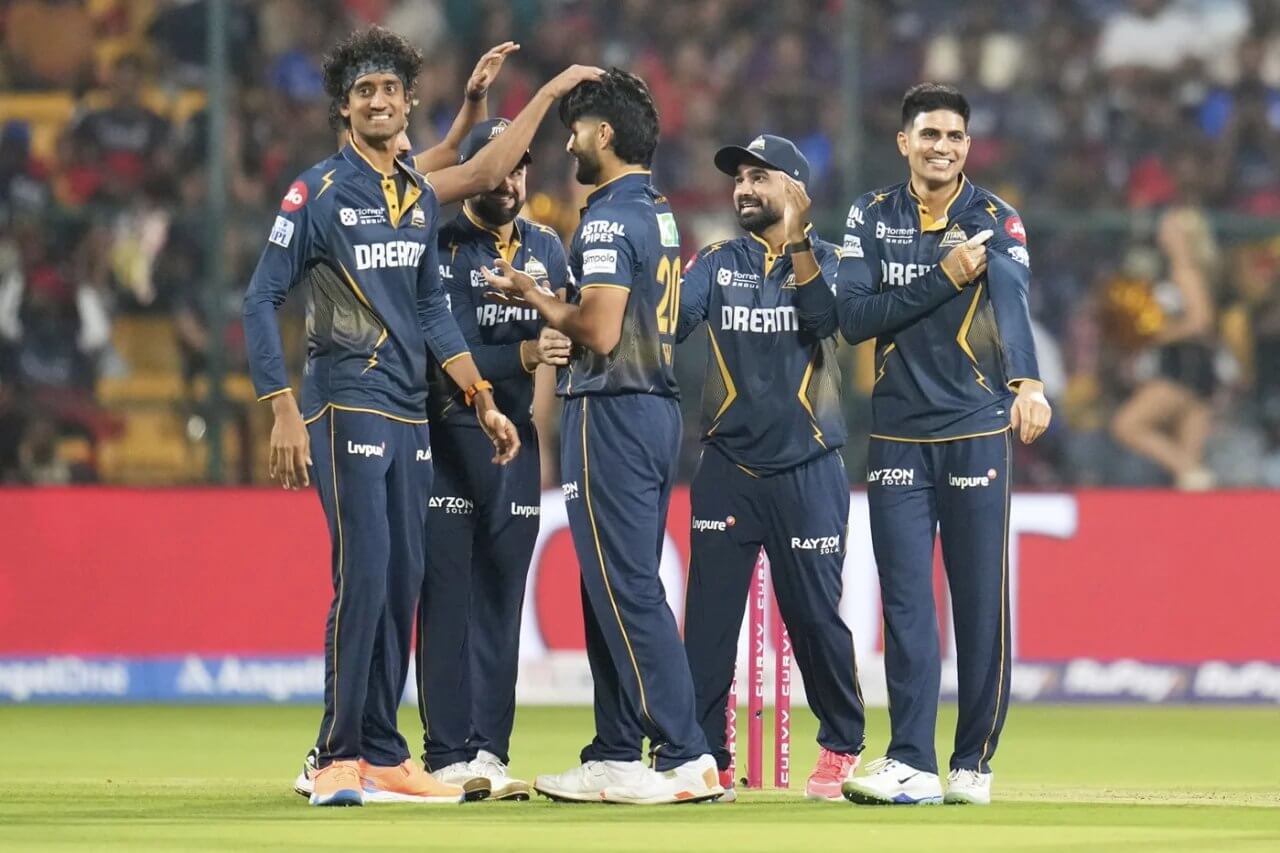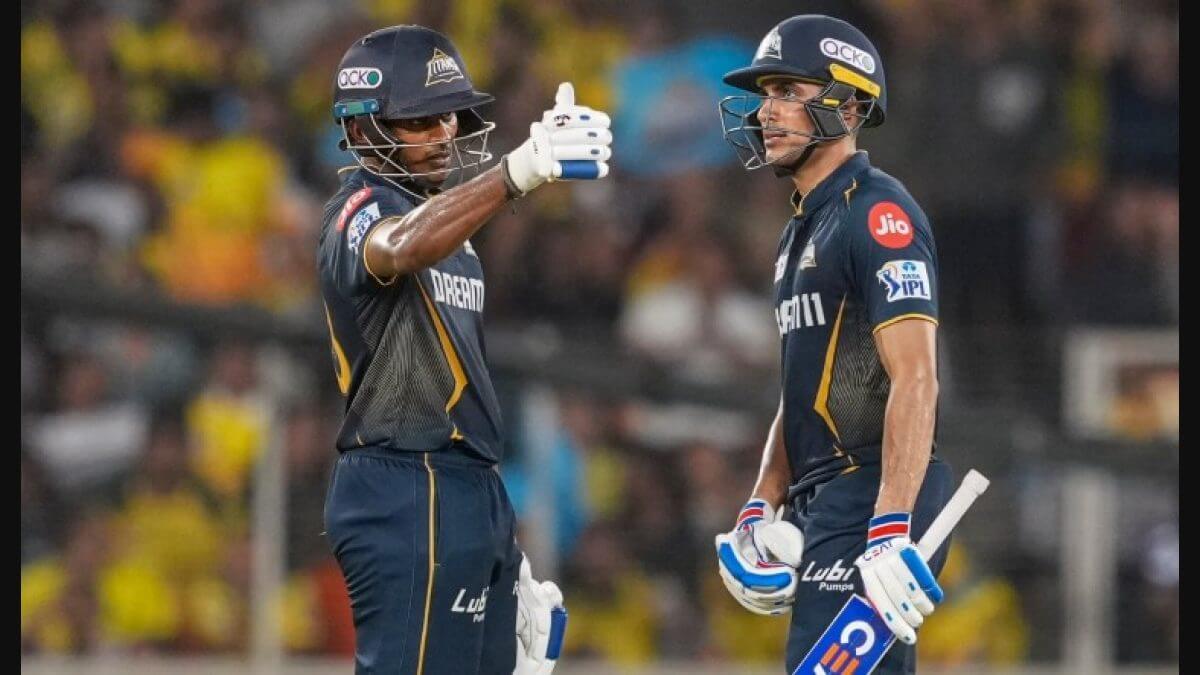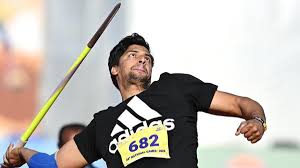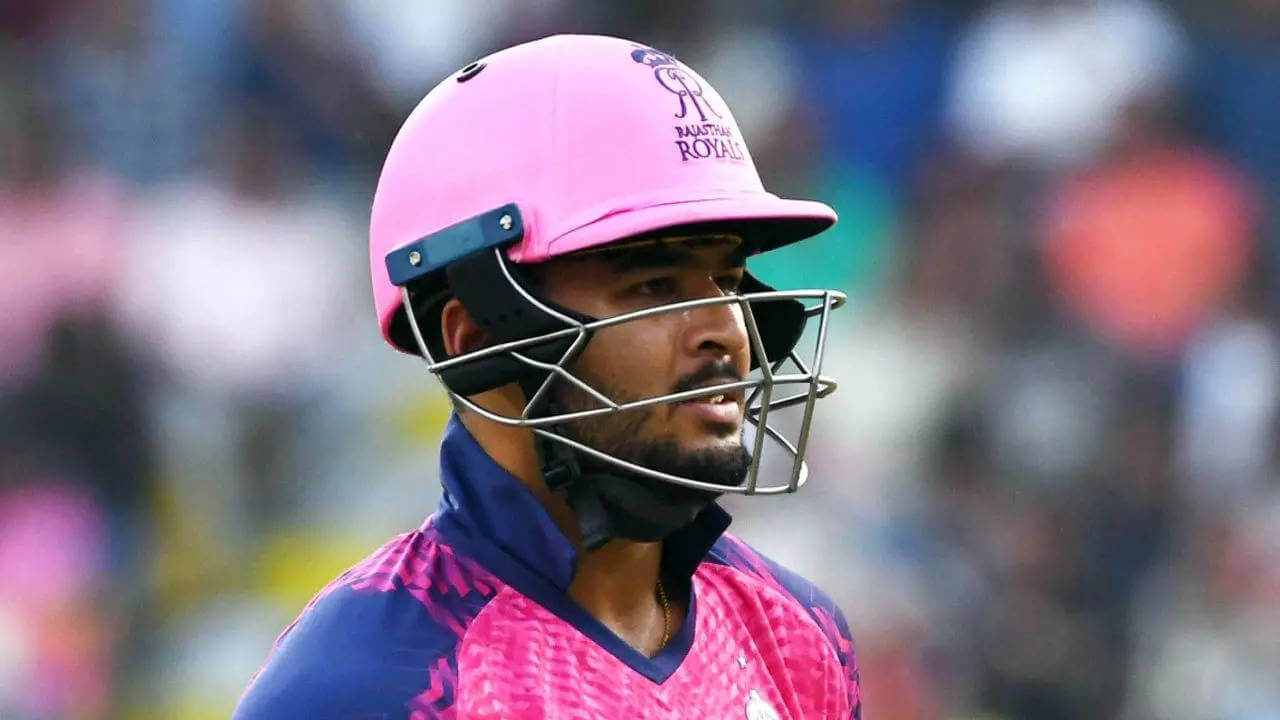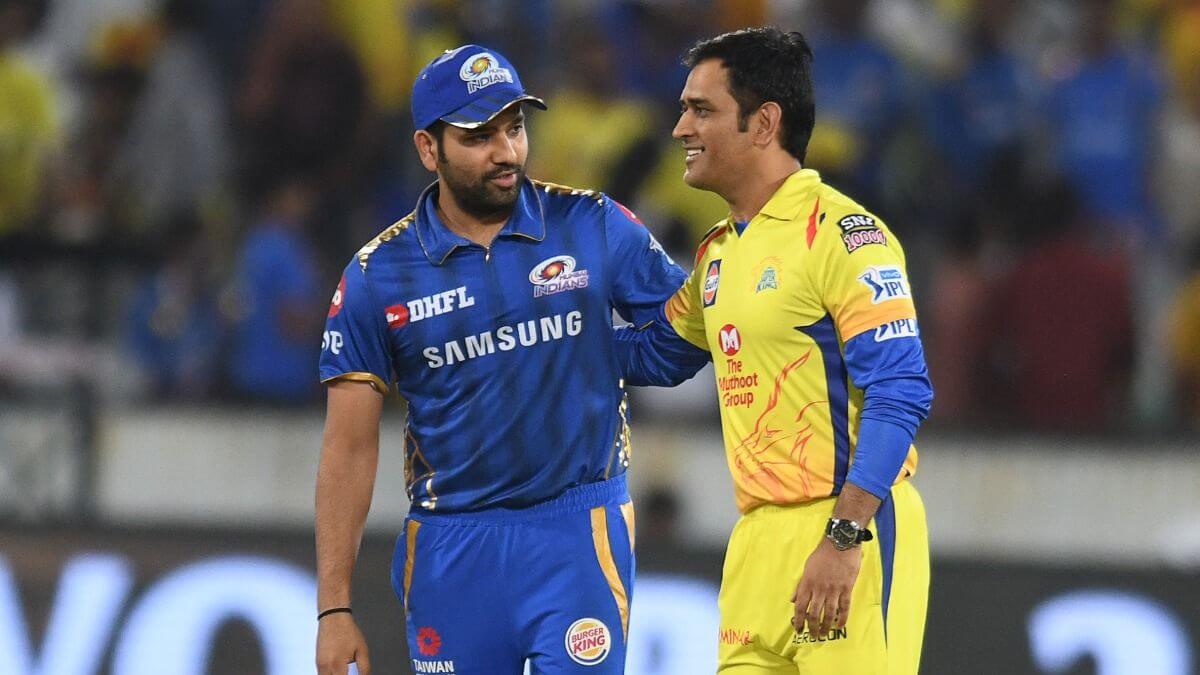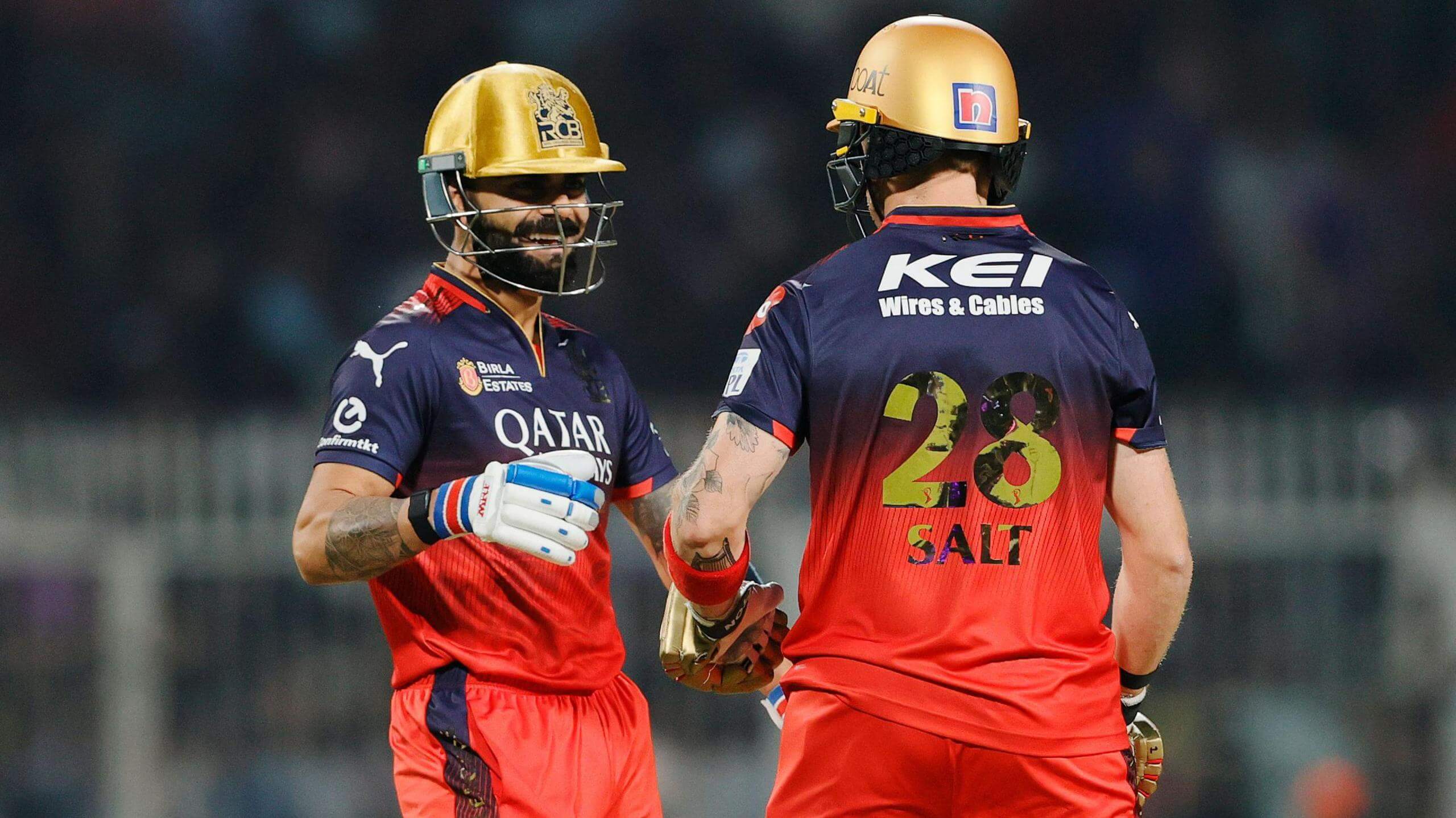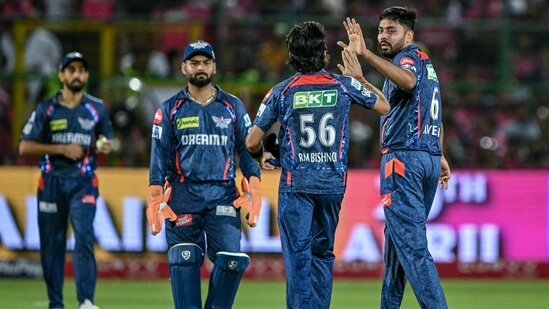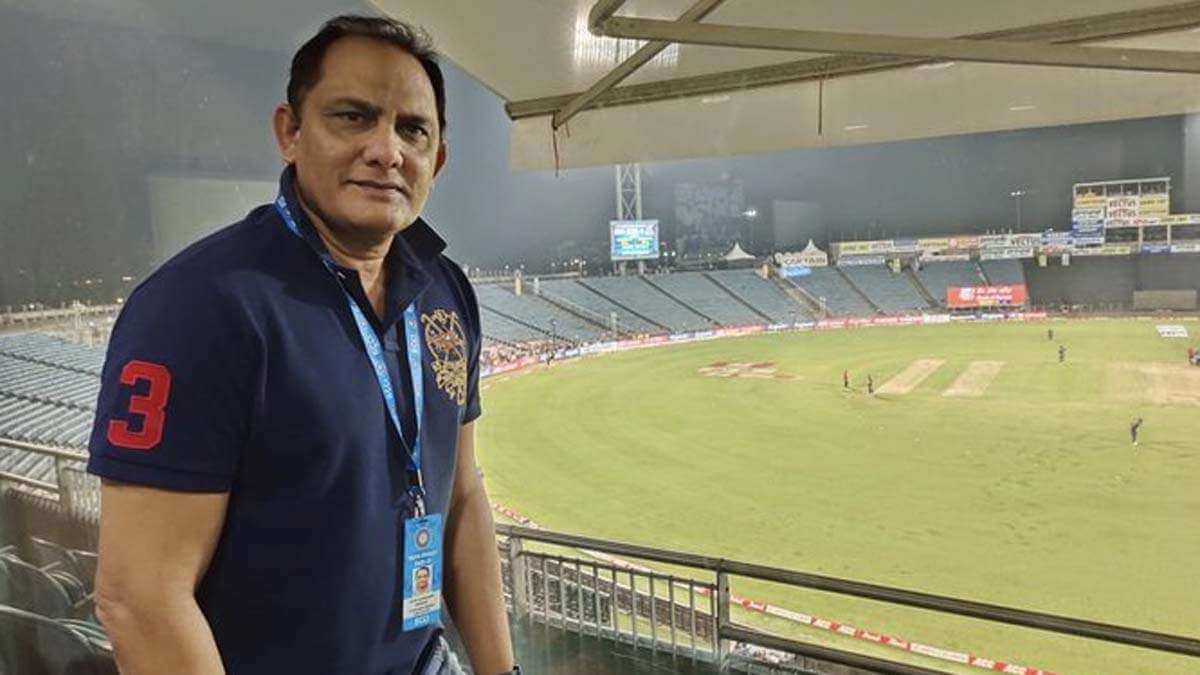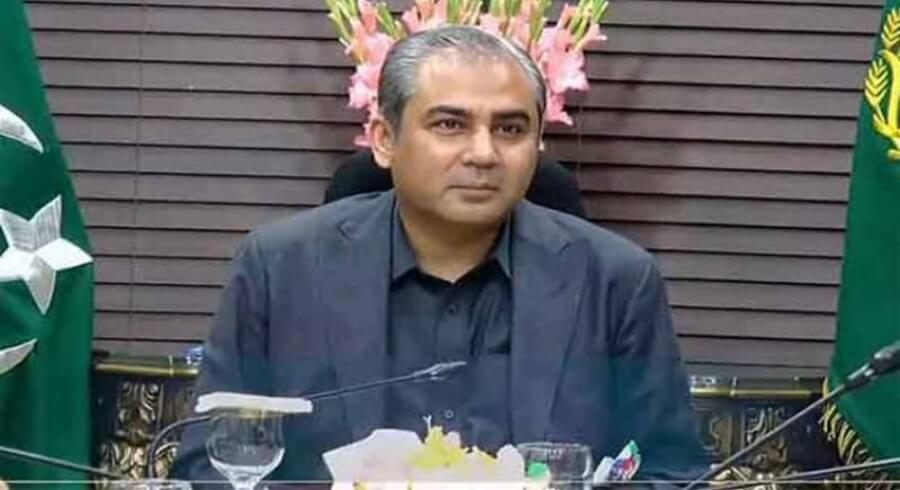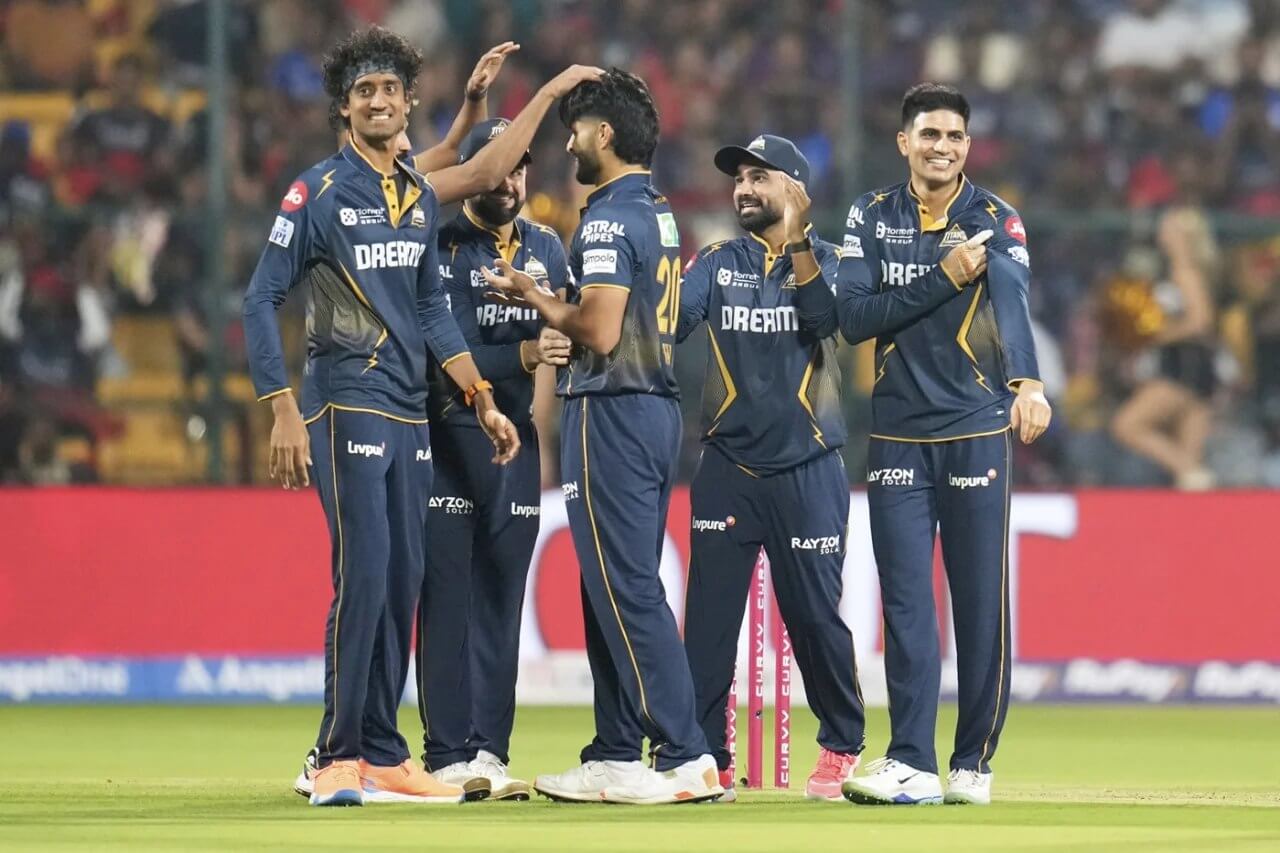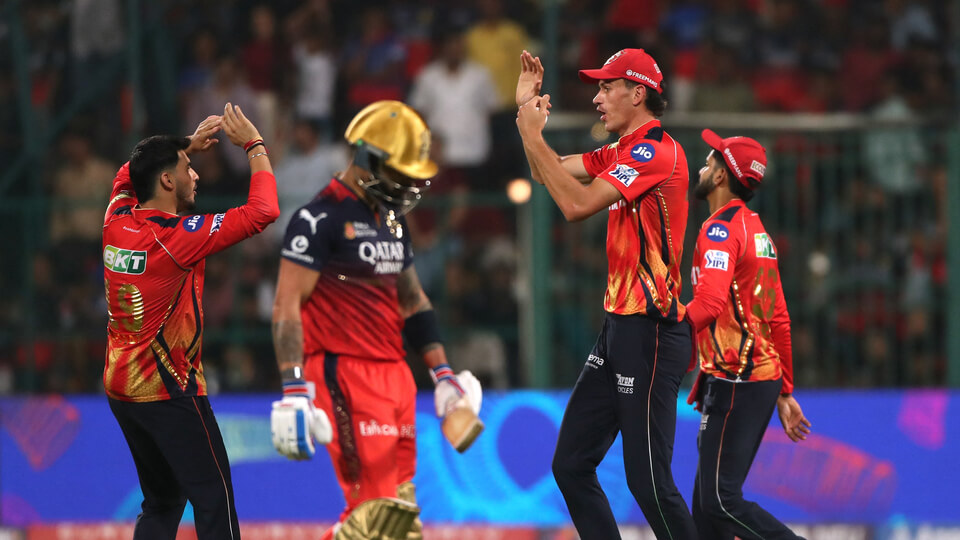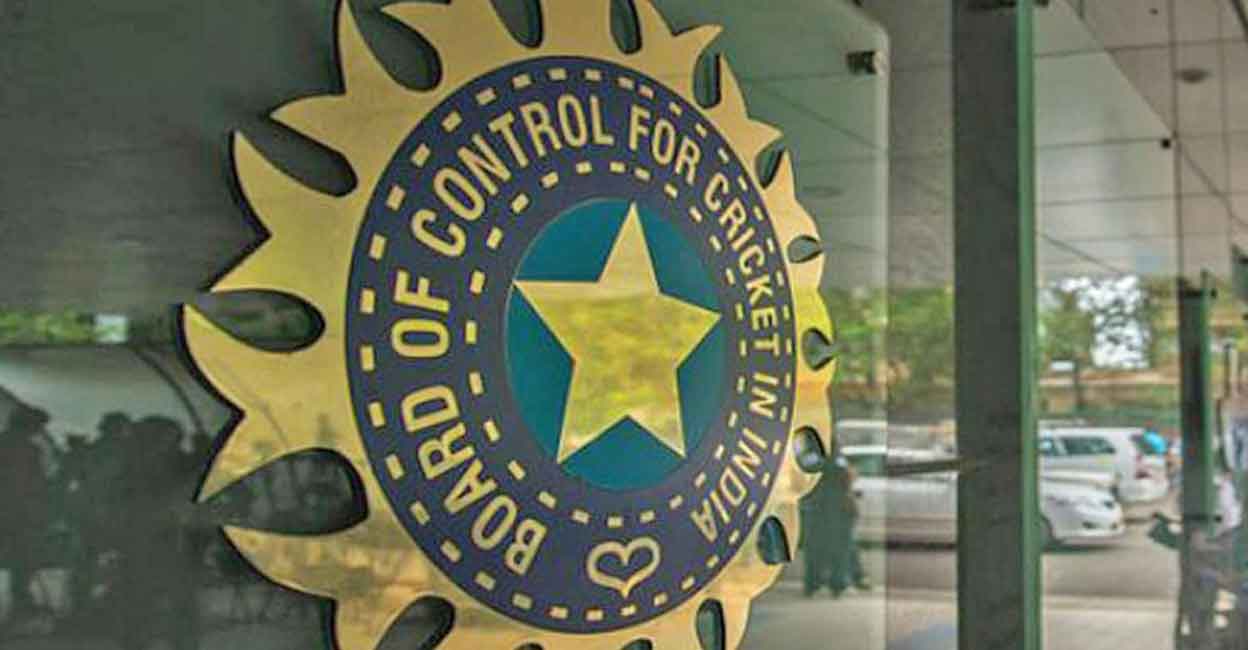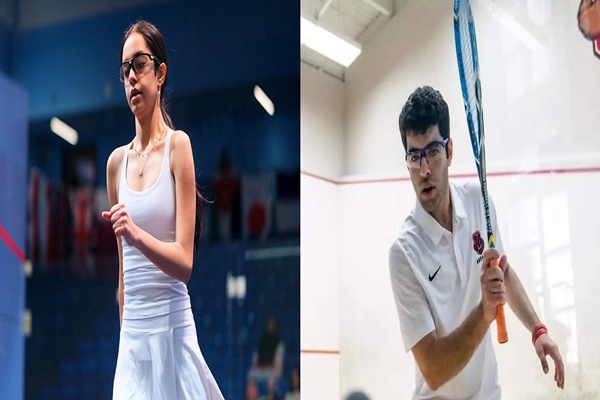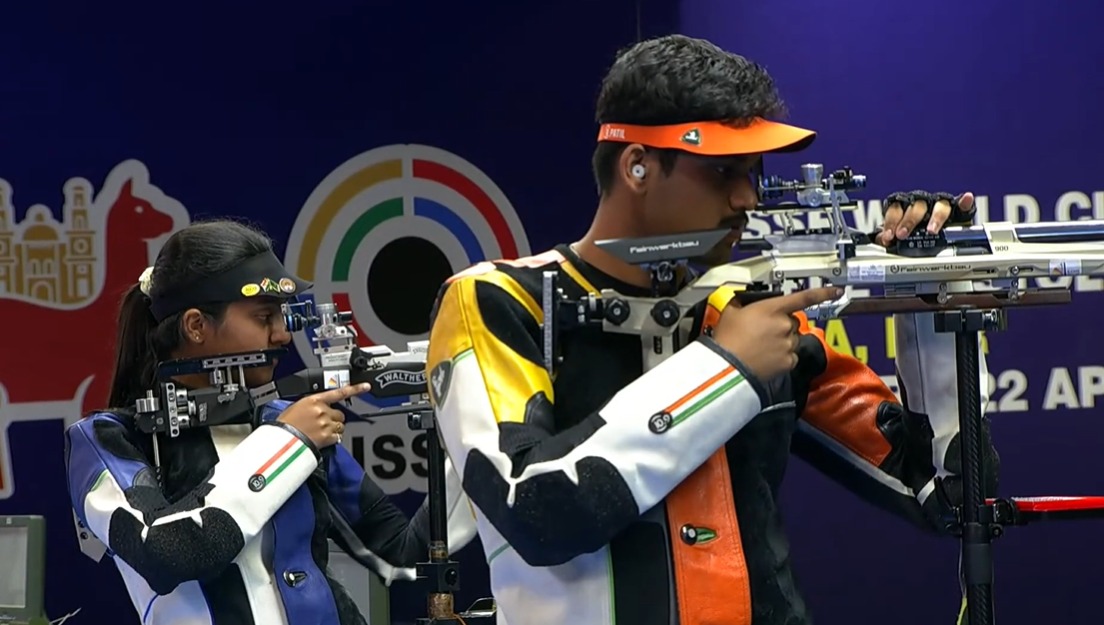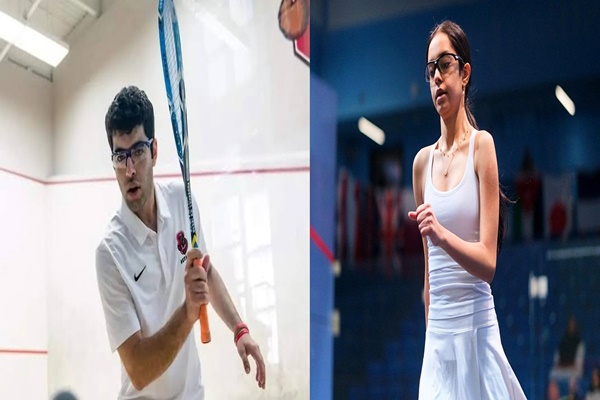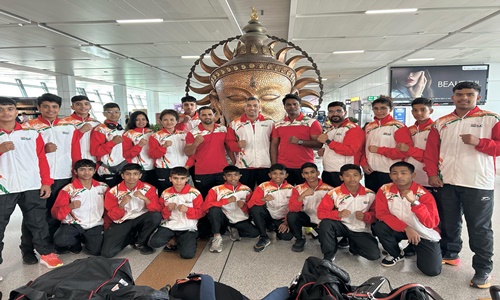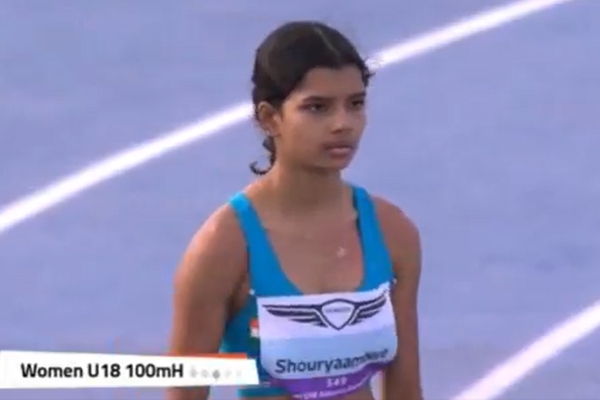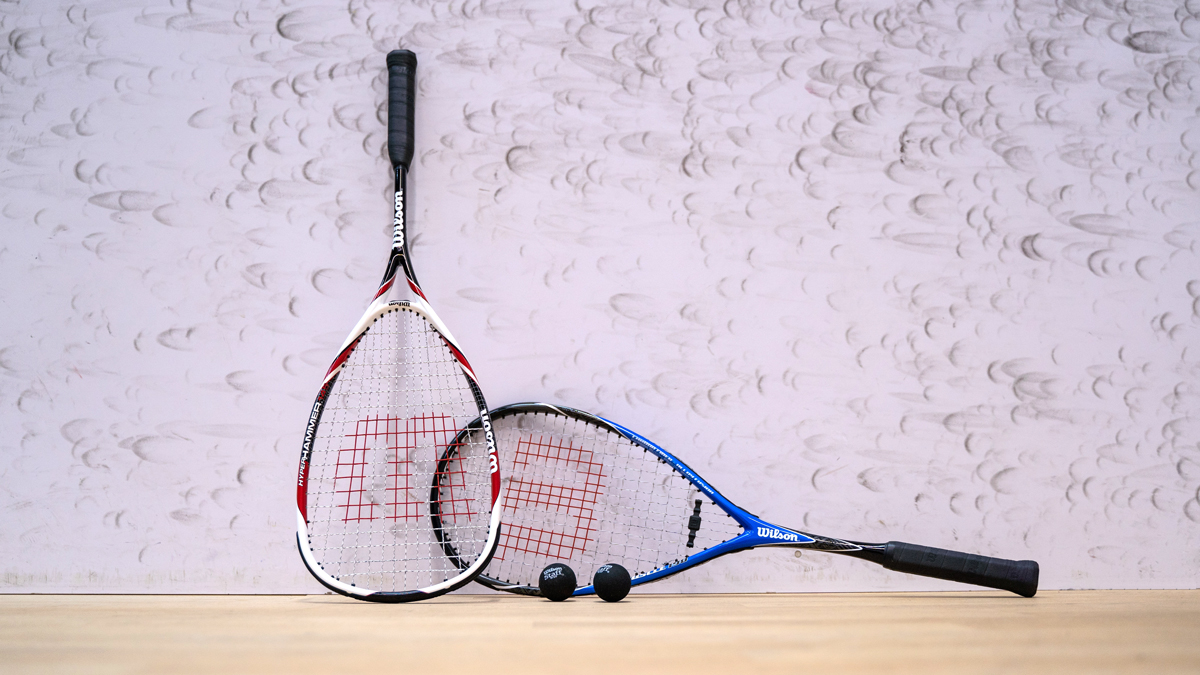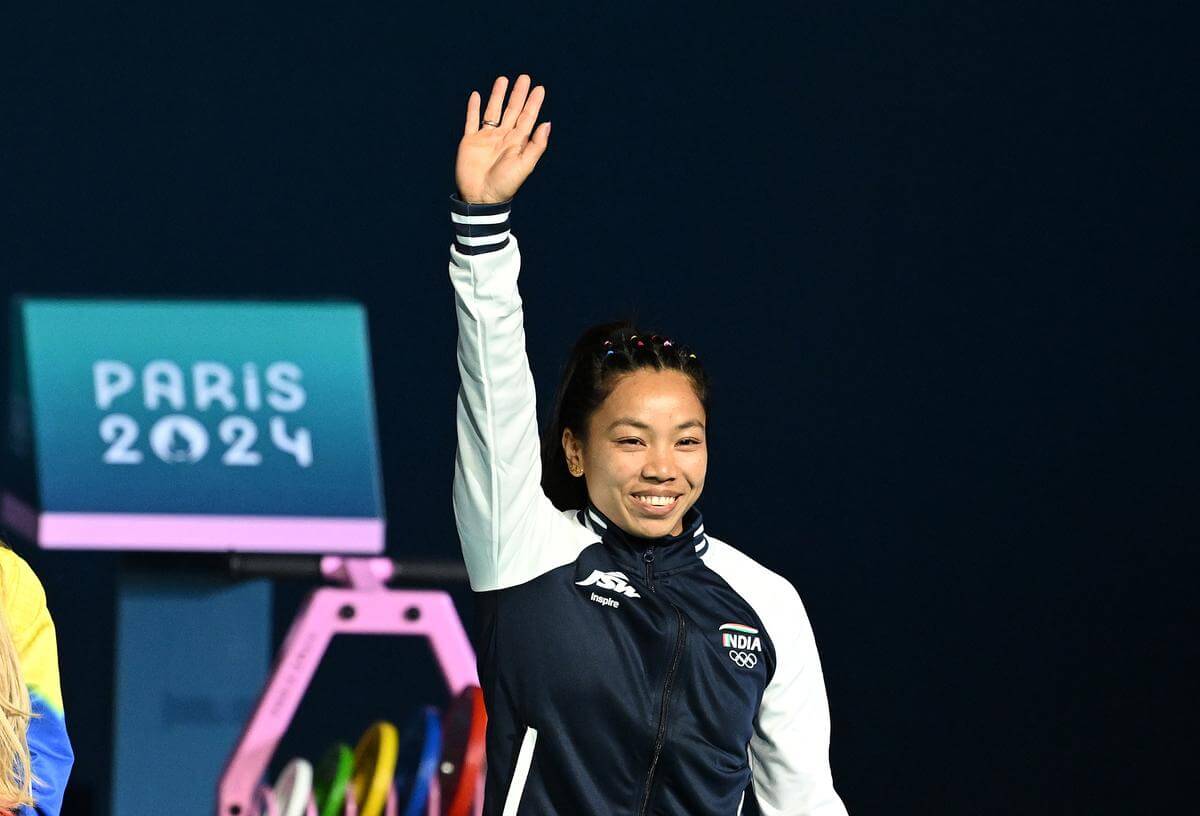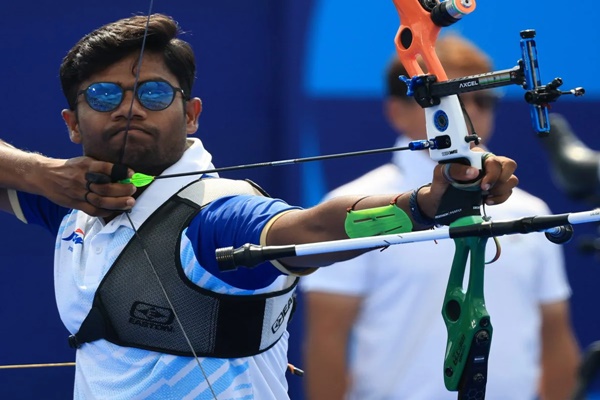IPL may help bolster India’s ties with UAE
Thu 13 Aug 2020, 16:47:29
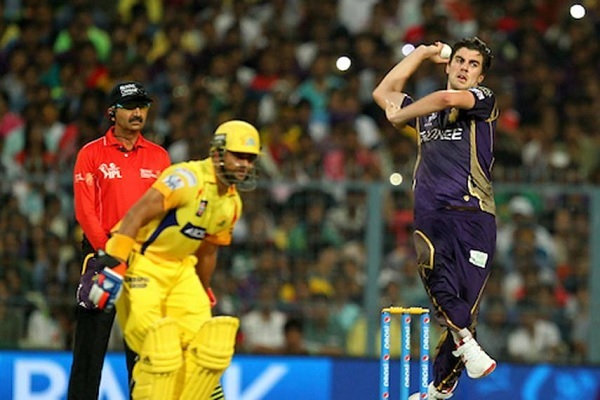
The choice of the United Arab Emirates (UAE) as the venue for the 13th edition of the Indian Premier League (IPL) is seen as a win-win for both countries. The Board of Control for Cricket in India (BCCI) decided in favour of the Gulf country after consulting top officials in the Indian government, according to two people aware of the matter.
Factors that worked in favour of the UAE include a venue near home, the provision of a bio-secure environment for players amid the covid pandemic, and the promise of stronger ties between India and the UAE at the political level.
For the UAE, the IPL would be the first major sporting event after covid-19 paralysed the world, giving the country a revenue injection, besides branding it as an international sporting hub.
“The magnitude of being in a position to bring the IPL to the vast cricket-loving global community, during current events which have greatly impacted our daily lives, is one we take with extreme importance," Sheikh Nahayan Mabarak Al Nahayan, UAE’s minister of tolerance and co-existence and chairman of the Emirates Cricket Board, said in a statement on Tuesday.
BCCI had also considered Sri Lanka as an IPL venue after mounting covid-19 cases in India, and local lockdowns in some states effectively ruled out any games being played in India, said one of the two unidentified people on condition of anonymity. Normally, the IPL tournaments are played in April and May at venues across the country. Sri Lanka, reeling from a fall in tourist revenues, could have benefited from the revenues in hosting IPL matches; however, a factor that weighed against the island nation was its weather—rain in the months of September-November, the person said. Also, Sri Lanka has not yet opened its airports for traffic amid covid.
Standing the UAE in good stead was its record of previously hosting cricket matches.
It hosted the IPL in 2014 when the matches were shifted out of India as they coincided with the holding of national elections.
It hosted the IPL in 2014 when the matches were shifted out of India as they coincided with the holding of national elections.
The venues of the IPL matches in the UAE are Sharjah, Dubai and Abu Dhabi, a statement issued by the Dubai-based Emirates Cricket Board said on Tuesday.
“That the UAE showed it has control over the pandemic was also a factor," said the second person cited earlier. “Life is almost normal in the country. There is the provision of a ‘bio-secure’ environment for players. This means there will be a very limited number of people who will be coming in contact —so to speak—with the players. And these people will be the only people who will be in contact with the players," the person said.
Precautions to guard the players from disease incorporate a strict routine. Travel will be restricted to the game setting and come back to the lodging. They won't adventure out anyplace else. Before they travel to the UAE, the players will be tried for covid. On appearance, they will be in quarantine in their lodgings for six days, with tests to be taken on the primary, third and fifth long periods of quarantine after which they will be permitted to prepare.
Added to this is the fact that cricket is popular with a big chunk of the UAE’s population, the second person said, also requesting anonymity.
“Hosting the IPL matches in UAE is a win-win for both countries," said Navdeep Suri, a former Indian ambassador to the UAE. “BCCI gets to host matches and UAE gets an economic boost as well as branding as a venue for hosting such events," Suri said.
Talmiz Ahmed, another former envoy to the UAE, said holding the IPL in UAE was “an affirmation of India-UAE ties."
Since coming to office in 2014, Prime Minister Narendra Modi has focused on improving India’s ties with Gulf countries.
No Comments For This Post, Be first to write a Comment.
Most viewed from Cricket
Most viewed from Sports
AIMIM News
Latest Urdu News
Most Viewed
May 26, 2020
Do you think Canada-India relations will improve under New PM Mark Carney?
Latest Videos View All
Like Us
Home
About Us
Advertise With Us
All Polls
Epaper Archives
Privacy Policy
Contact Us
Download Etemaad App
© 2025 Etemaad Daily News, All Rights Reserved.

